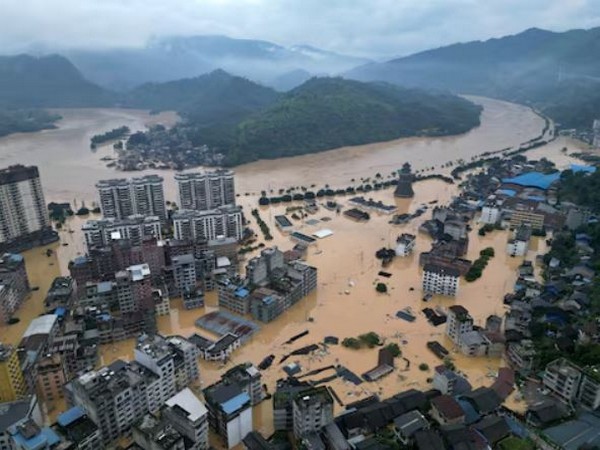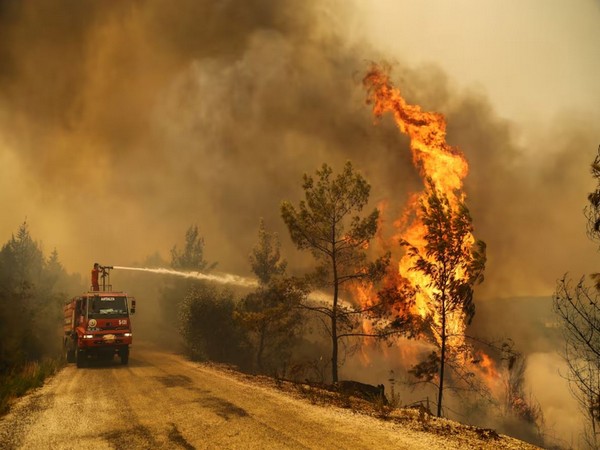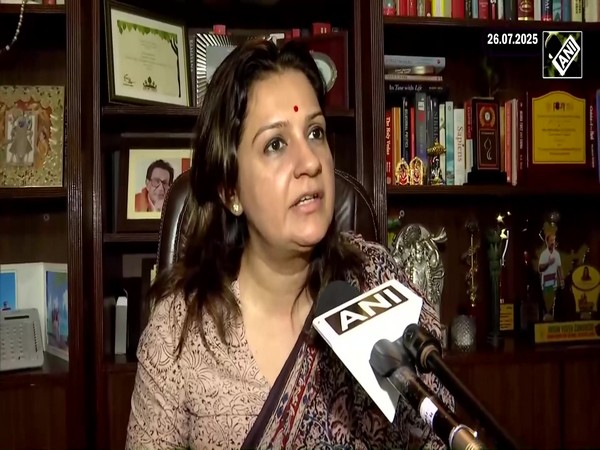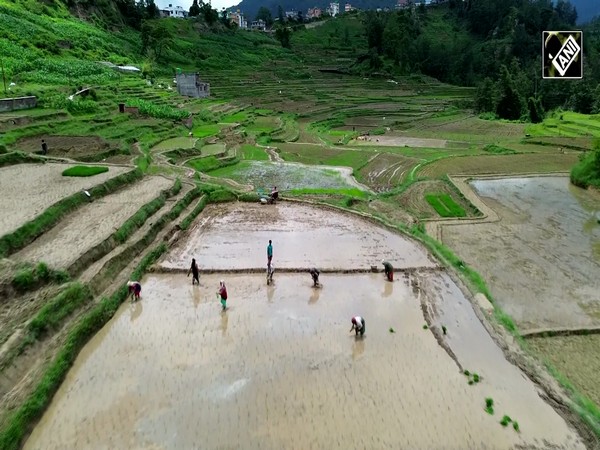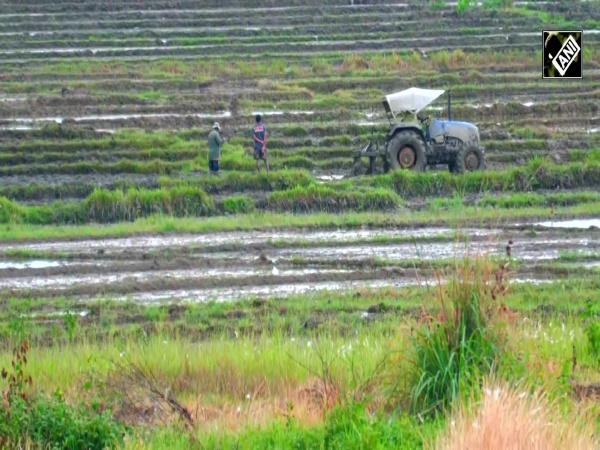Lithuania donates 20,000 COVID-19 vaccine doses to Taiwan amid strained ties with China
Jun 23, 2021

Vilnius [Lithuania], June 23 : Lithuania has donated 20,000 doses of the coronavirus vaccine to Taiwan on Tuesday.
This comes as ties between China and Lithuania have deteriorated. In March, Lithuania irked China by announcing that it will establish a representative trade office in Taiwan.
Lithuania's Foreign Minister Gabrielius Landsbergis announced via Twitter on Tuesday afternoon that the Lithuanian government approved in the morning a donation of 20,000 vaccine doses to Taiwan.
"I am proud that we can, albeit in a small way, show solidarity with the Taiwanese people in combating the COVID-19. Freedom-loving people should look out for each other!" he tweeted.
Taiwan's government and legislators across party lines expressed appreciation for the donation by the Lithuanian government, Taiwan News reported.
The move also comes at a time Taiwan has accused China of preventing the island from purchasing the COVID-19 vaccine.
Japan and the US have also donated the COVID-19 vaccine to Taiwan. While Japan delivered 1.2 million Oxford/AstraZeneca jabs to Taiwan early this month, the US shipped 2.5 million vaccine doses to the self-ruled island recently.
China has condemned these donations, terming them "a tool of political self-interest".
In March, Lithuania announced that it will establish a representative trade office in the self-ruled island. This drew a sharp reaction from China, which considers Taiwan as a breakaway province.
Beijing had urged Vilnius to "refuse to be taken advantage of by Taiwan separatist forces and avoid doing anything detrimental to bilateral political mutual trust".
In May, the Lithuanian parliament termed China's treatment of its Uyghur minority as "genocide", voting to call for a UN probe of the internment camps in the country's northwest region of Xinjiang.
The same month Lithuania also pulled out of China's 17+1 cooperation forum with central and eastern European states, a move that demonstrates its rising concerns and dissatisfaction with Beijing.

